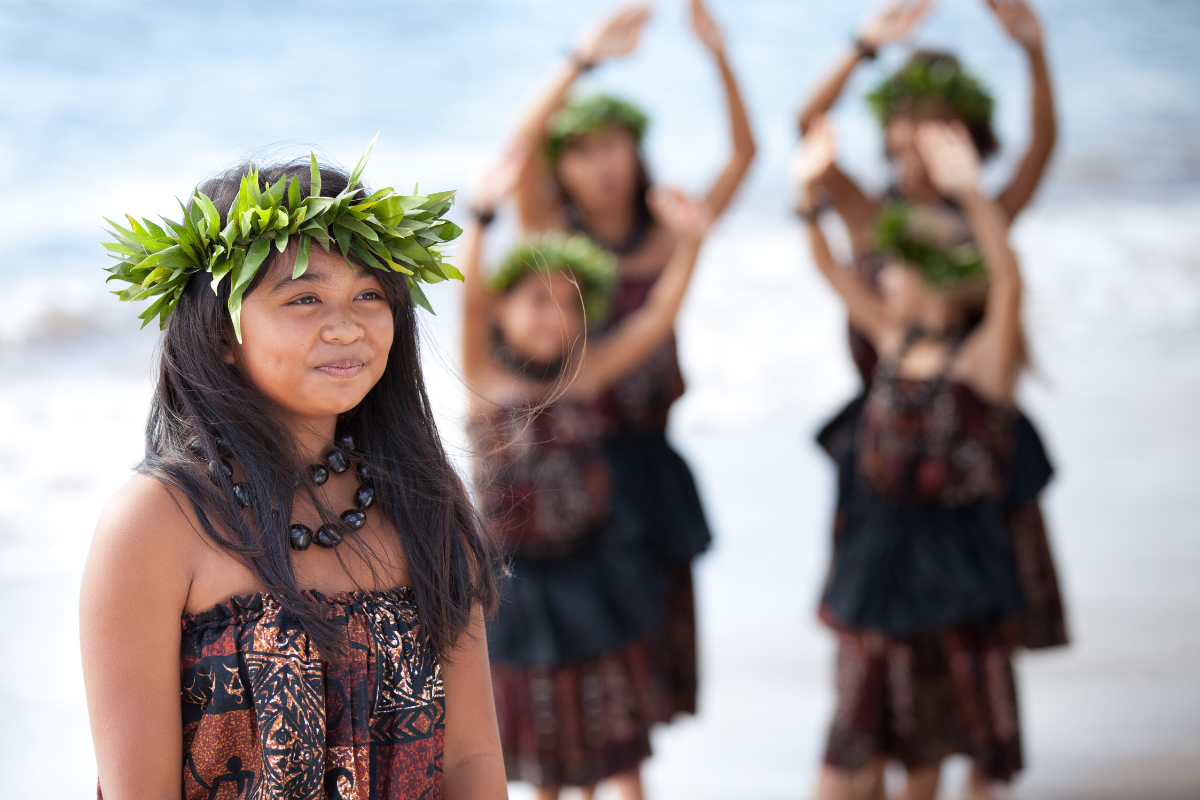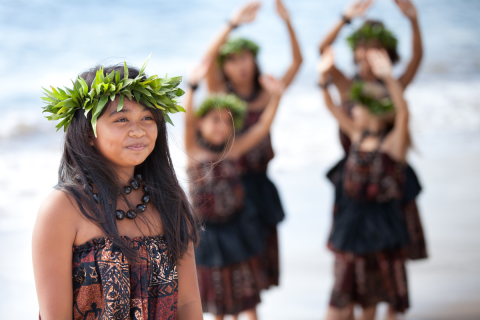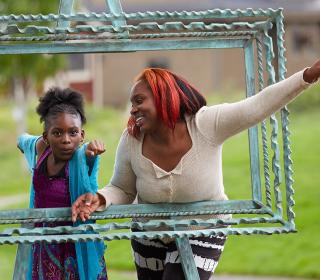Centering AAPI voices and stories
Created by Stop AAPI Hate, "Spread AAPI Love" is a campaign focused on amplifying the voices and perspectives of AAPI people through uplifting personal stories from community members centering around: resilience, celebration, solidarity, and resistance. Manjusha Kulkarni, Co-Founder of Stop AAPI Hate and Executive Director of AAPI Equity Alliance, says the goal of their campaign is “to illustrate that Asians and Pacific Islanders are not simply victims of hate — we are a richly diverse group of people who hold immense joy, power, and cultural pride. By sourcing and sharing uplifting stories from our communities, we can not only foster collective healing from racial trauma but also inspire AAPIs to take action to advance racial justice.”
Stop AAPI Hate, alongside NORC (previously the National Opinion Research Center) at the University of Chicago, conducted a national survey that examined the positive impact and presence of resilience, cultural celebration, solidarity, and resistance within AAPI communities. Some of their findings include that nearly half of the AAPI people they surveyed (49%) experienced some form of race-based hate in 2023, however, 70% said they were motivated to get involved in efforts to advance racial justice and equity for their communities.
Visit their data insight page and their multimedia "Spread AAPI Love" storytelling campaign to learn more about how resilience, cultural celebration, solidarity, and resistance have a positive effect on the AAPI community.
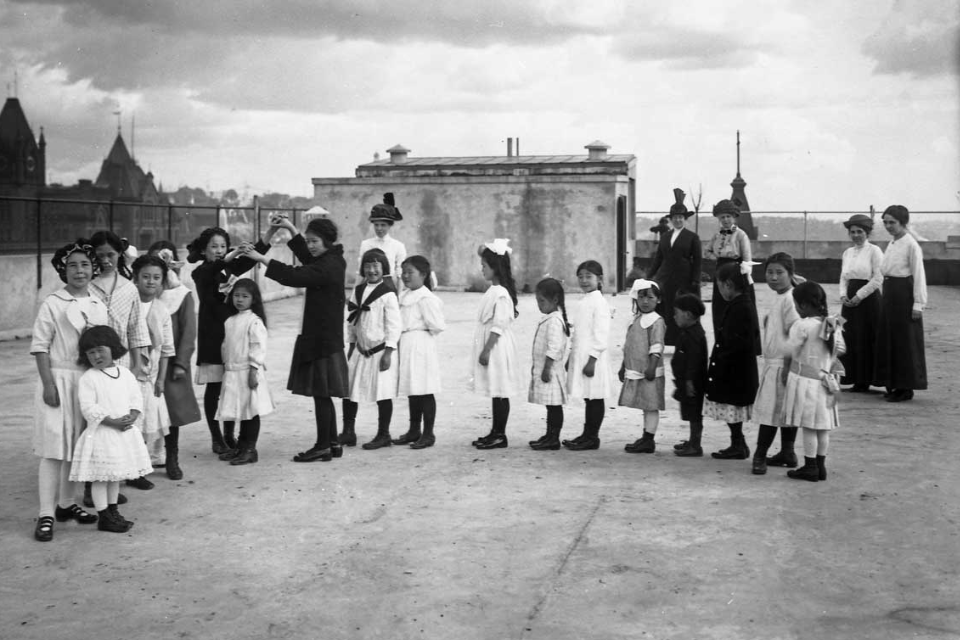
The history of AAPI Heritage Month
- Read about the growing AAPI population in Washington State, and learn more facts about the origins of AAPI Heritage Month.
- Learn about how AAPI Heritage Month has grown and changed over the last 50 years, and why there are growing efforts to emphasize discussions about social justice and grief alongside festivals and cultural event days.
- The National Endowment for the Humanities created a teacher's guide to AAPI Heritage and History in the US, which covers topics such as immigration, the "model minority" myth, cultural legacies, AAPI poetry, media, AAPI experiences and civics education, and more!
- The Library of Congress, National Archives and Records Administration, National Endowment for the Humanities, National Gallery of Art, National Park Service, Smithsonian Institution and United States Holocaust Memorial Museum join in paying tribute to the AAPI community with a resource page highlighting events, art, historical archives, and more to celebrate AAPI Heritage Month.
- AAPI staff at NPR compiled a list of books, songs, movies, podcasts, recipes, and more for entertainment and educational purposes related to AAPI Heritage Month.
Fighting injustice Against Japanese-Americans
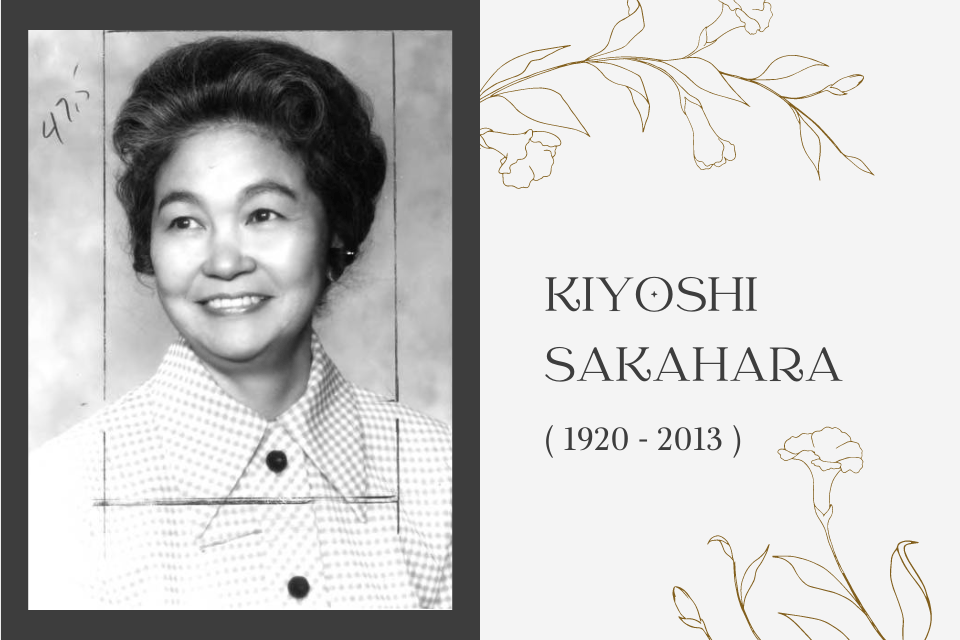
YWCA was one of a few social service organizations that spoke out against the forced relocation of Japanese Americans under Exclusion Order 9066 and funded programs to support people in the relocation camps. In Seattle, YWCA partnered with Japanese American community leaders, including Kiyoshi Sakahara, to assist young Japanese American women post-incarceration with services for resettlement. Today, YWCA is still committed to supporting AAPI women and their families and helping them face whatever barriers they encounter.
Stay up to date with our with our latest advocacy work with YWCA's monthly newsletter.
Ana Rodriguez-Knutsen is the Content Specialist for YWCA's Marketing & Editorial team. From fiction writing to advocacy, Ana works with an intersectional mindset to uplift and amplify the voices of underrepresented communities.
We share the stories of our program participants, programs, and staff, as well as news about the agency and what’s happening in our King and Snohomish community.
